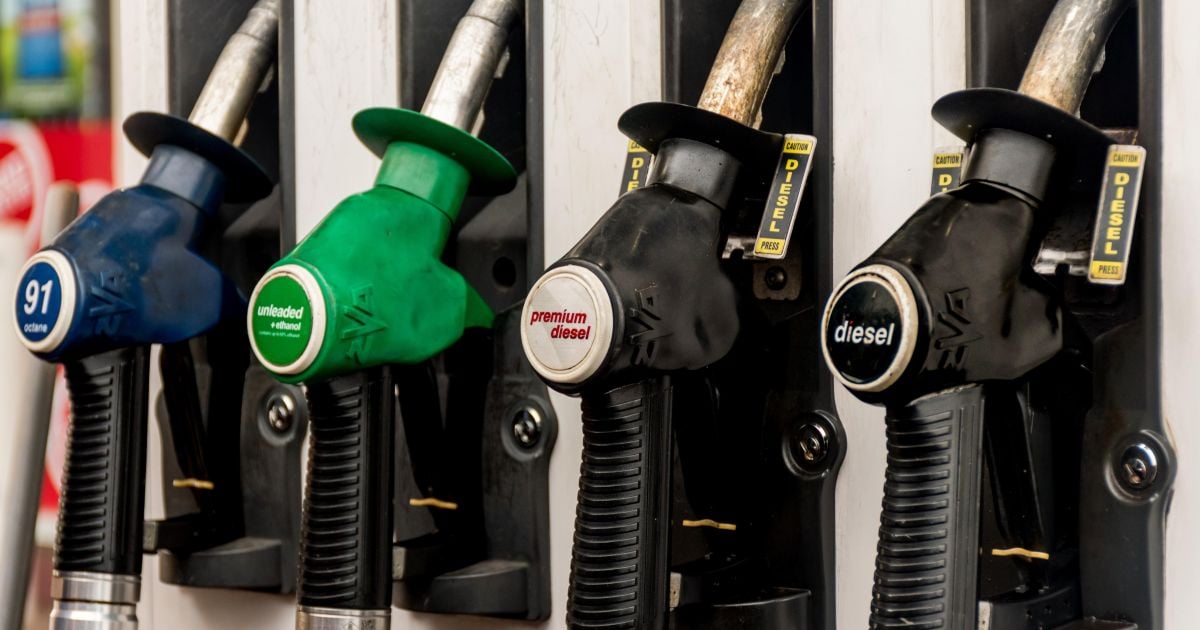Airport firefighters’ planned strike action could impact school holiday travel

- by Admin
- April 2, 2024
Aviation firefighters at major Australian airports are set to strike on April 15 amid claims from their union that a shortage of aviation fire and rescue firefighters is putting air passengers at risk.
United Firefighters Union Australia (UFUA) says it has leaked documents from employer Airservices Australia showing an “extreme risk” at 13 airports, and “high risk” at 14 others.
The planned work stoppage is due to affect 27 airports around the country and run for 4 hours from 6am.
The action threatens to disrupt school holiday travel plans as students in New South Wales, South Australia, Tasmania and the Northern Territory begin their two-week term break and those in other states return to begin term two.
UFUA has claimed that government-owned air navigation regulator Airservices Australia has failed to address resourcing issues, but the regulator has hit back, saying staffing levels are adequate.
The union’s aviation branch secretary, Wes Garrett, told ABC radio the “primary concern” of every aviation firefighter was the “safety of air travellers that they have sworn to protect and the safety of their fellow crew members”.
“These leaked documents confirm that Australia’s air travellers face a dire risk every time they set foot on an aircraft in Australia, should an incident occur,” Mr Garrett said.
“At 13 major airports across Australia, including Brisbane, Melbourne, Perth and Adelaide, the leaked documents confirm that air travellers face extreme risk.”
He said air travellers at 14 remaining airports across Australia, including Sydney, Canberra, and Hobart were at “high risk”.
Mr Garrett added that the task resource analysis (TRA) of the service showed current staffing numbers were “well below what they ought to be”.
“What we say is that the outcomes and risk identified in those processes needs to be reflected in our enterprise agreement,” he said.
He said the TRA was an internationally recognised methodology for determining the amount of firefighters, trucks and resources required to protect passengers in the event of a worst-case scenario at an Australian airport.
“Disgracefully, Airservices have known about the dire risk to air travellers should an incident occur since 2022 and have refused to release the documents to the Union or the public,” he said.
Mr Garrett said the staffing concerns topped the list of 26 items on a log of claims that were sought to be resolved in the current enterprise bargaining negotiations, which began last October.
“We don’t seem to be making any progress whatsoever,” he said.
“These resource shortages include a lack of key personnel to operate breathing apparatus, shortages of firefighting agents to suppress multiple incidents, insufficient personnel and vehicles to protect both sides of a crashed aircraft, a lack of personnel for effective fire ground command and control, and a lack of procedural control at Australia’s airports.”
The union is seeking a 20 per cent pay increase over three years, while Airservices Australia has offered 11.2 per cent over three years.
Mr Garrett said the timing of the strike action had “coincidentally” fallen during school holidays for some states.
“I don’t think there is any convenient time for a work stoppage when it comes to aviation and I think that should really actually inspire Airservices to get in and settle the deal as soon as possible so that there aren’t any stoppages and there’s no inconvenience to the public.”
Airservices Australia said the union’s action was motivated by its bid for a pay rise as part of the ongoing employment agreement negotiations.
In a statement, Airservices Australia said the dispute had “nothing to do with staffing levels” which were sufficient to meet operational requirements.
It added that the TRAs “do not measure current state operational risk”.
“The risk assessments included in the TRA process are based on theoretical scenarios that do not account for the likelihood of an event occurring or reflect the current operational environment,” the statement said.
“Airservices conducts operational risk assessments to capture and define the management of risks and manage them to a level that is as low as reasonably practicable, and the TRA documentation states that Airservices’ existing processes are both effective and appropriate for current levels of operational risk.”
“Airservices has sufficient ARFF personnel to meet our regulatory obligations and is investing $1 billion over the next 10 years in equipment and facilities for our Aviation Rescue Fire Fighting (ARFF) crews.”
The statement said the union’s bargaining claims would cost the aviation industry and passengers an extra $128 million.
Airservices Australia said it would work with the airlines and airports to maintain safe operations and minimise any impact on the travelling public during the planned work stoppage.
General manager of people and culture at Adelaide Airport Dermot O’Neill said he was unsure “precisely what impact there might be on operations” at the airport, which was about to embark on its busiest month since the pandemic.
“At this stage, it’s our intention to keep in touch with Air Services and we will provide any relevant updates to our customers via our social media channels and no doubt airlines will be doing the same thing,” he said.
The Latest News
-
November 23, 2024Perth onslaught exposes glaring Aussie absence; legend’s warning for ‘deflated’ Lyon — Talking Pts
-
November 23, 2024Tammy Hembrow marries reality TV star in stunning ceremony
-
November 23, 2024South African prodigy a PGA threat
-
November 23, 2024Round three tee-times – PGA Championship of Australia
-
November 23, 2024Australian PGA 2024: Cam Smith, Elvis Smylie and Marc Leishman book spots in dream final group – Australian Golf Digest





